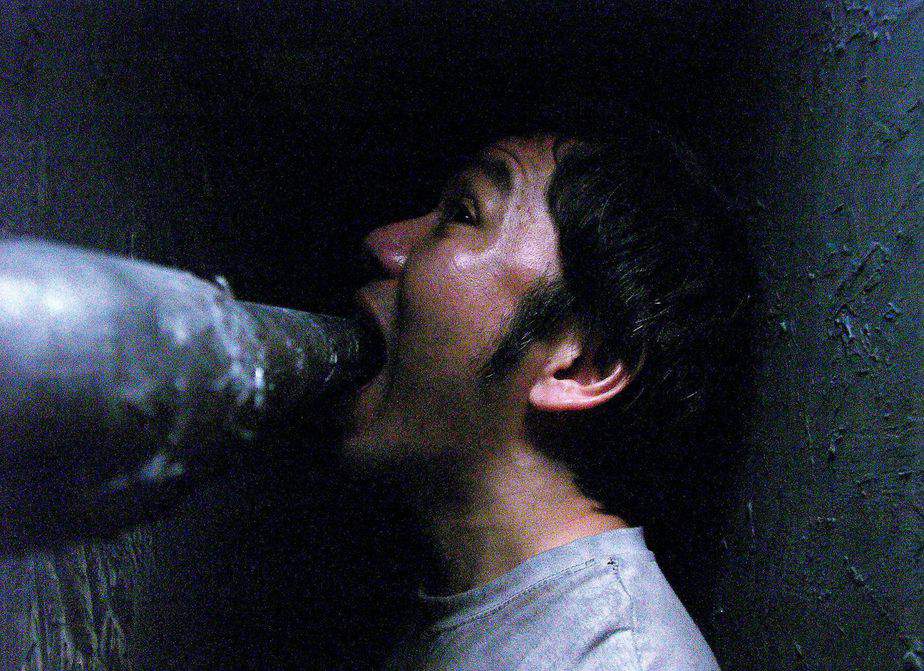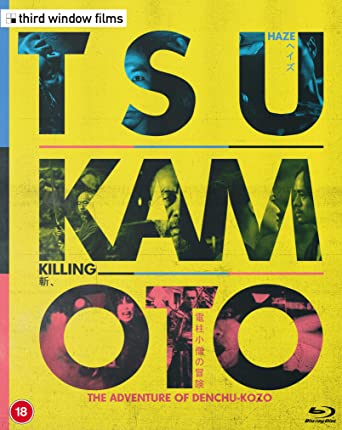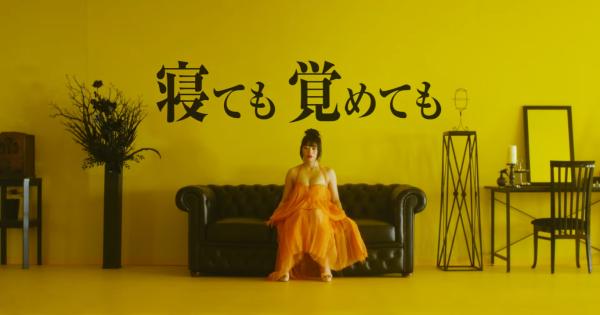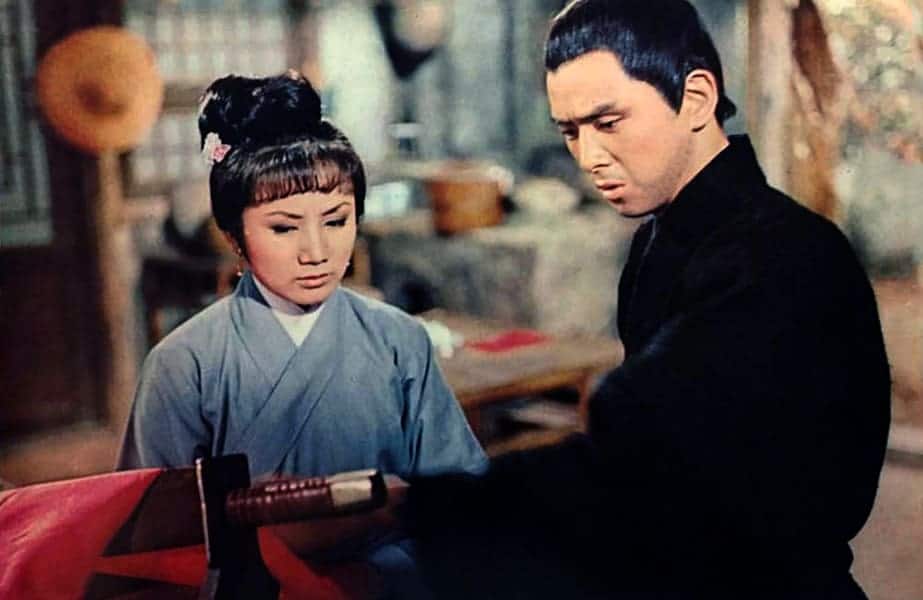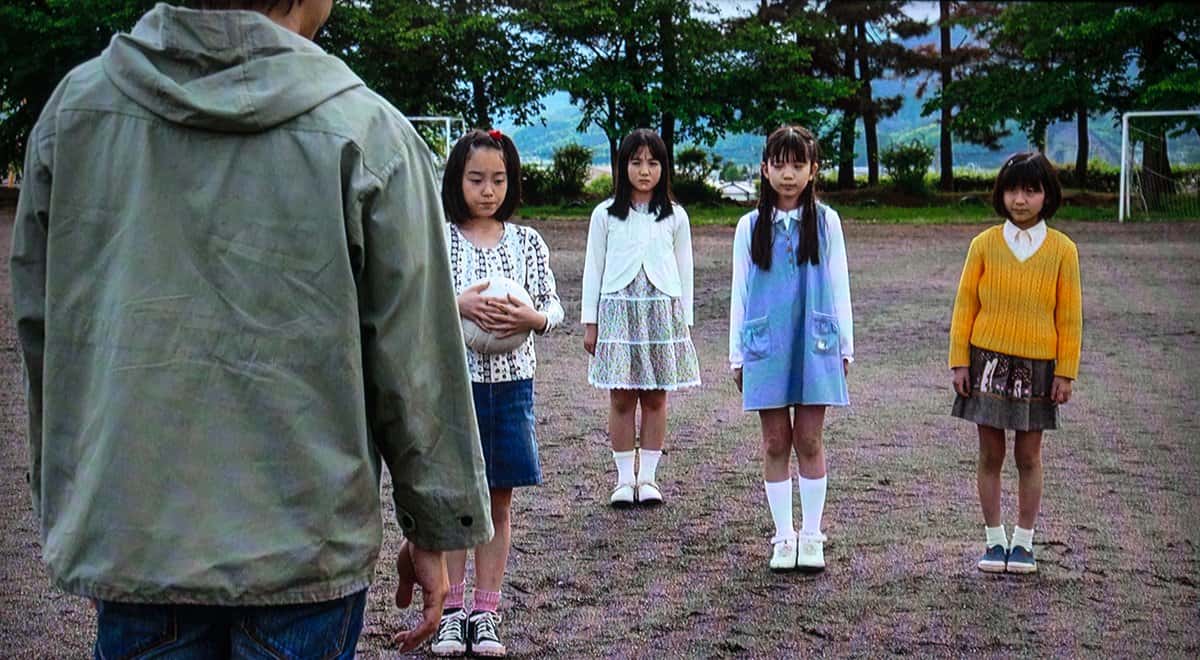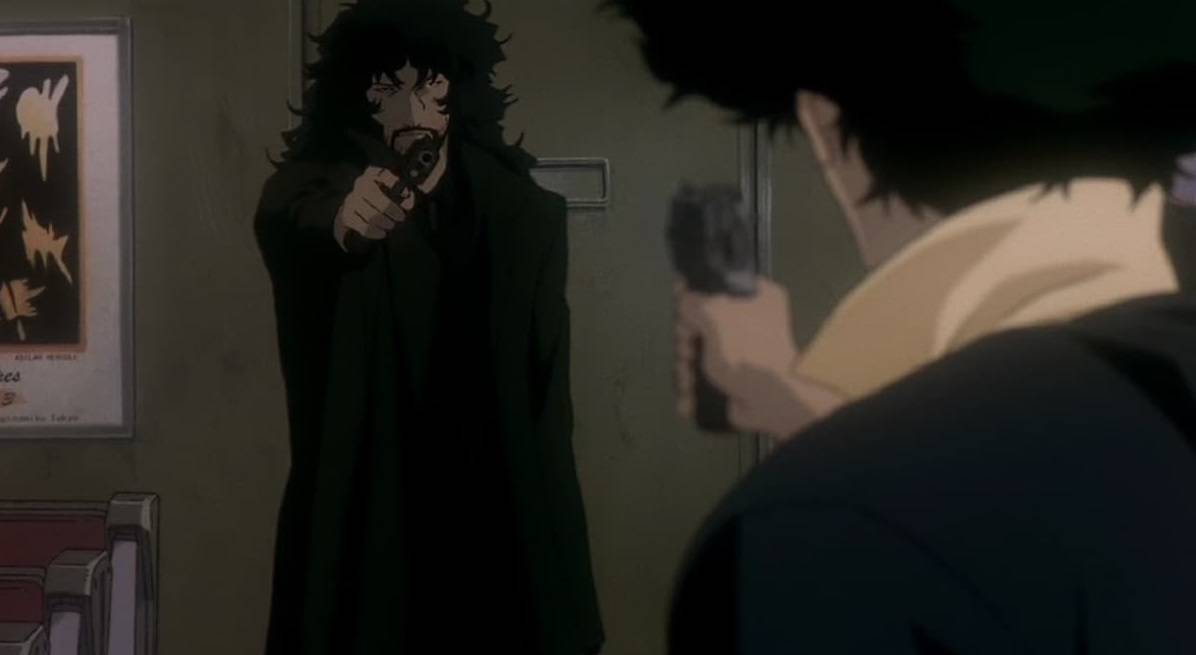“I will soon wake up and the pain will be gone.”
For many years Japanese director Shinya Tsukamoto had experimented with variations of of the same theme: the link between a highly technologized and urbanized world and the body. What has begun in “Tetsuo: The Iron Man” eventually found its way into his other films, showing a world defined by cold, anonymous structures in which technology and industry would form the new man, a being more accustomed to a world ever changing. Tetsuo, Tsukamoto's most famous creation, is the perfect amalgam of modern work culture, the omnipresent need to optimize the body and the resulting feeling of being inferior towards technology. In many ways, Tsukamoto's characters are the reflections or descendants of the people shown in the works by Michelangelo Antonioni and David Cronenberg.
However, even as he was working on the first “Tetsuo”-film, Tsukamoto was contemplating the question how the change of the body coincided with a change of consciousness. In an interview at Locarno International Film Festival, he explains how he eventually developed ideas for three films exploring the link between body and consciousness. Along with the concept for his feature film “Vital”, “Haze” was also one of those ideas which would be realized by Tsukamoto and his crew. In the end, the film proved to be not only Tsukamoto at his most minimalist, but also a precise depiction and expansion of what constitutes the modern self.
Buy This Title
In the film, Tsukamoto plays a man who wakes up in what seems like a maze-like structure. Without any recollection of who he is and how he got here, he makes his way through the narrow concrete tunnels, some of which give him just enough room to crawl and some of which are filled with sharp objects. As he eventually finds a woman (Kaori Fuji), the two of them plan to escape the maze not knowing what is out there and if their suspicion of being followed is true or not.
If “Haze” proves anything about its creator, then it has to be the fact Tsukamoto has created the purest cinematic expression of loneliness and self-alienation. While viewing the film you may be strongly reminded of how much the protagonist as well as his situation resembles the structure and themes of Franz Kafka's work. Given the enigmatic, but strictly individual nature of the maze, the device is strongly reminiscent of the brutal machine of Kafka's short story “In the Penal Colony”; a horrible apparatus created to prolong the suffering of the guilty who slowly dies over a period of twelve hours. Like the main character in the short story (or rather as in many of the writer's works) concept of “guilt” or “responsibility” have lost their meaning defined by society; this device is the torture instrument of the self, a by-product of the increasing alienation of the self.
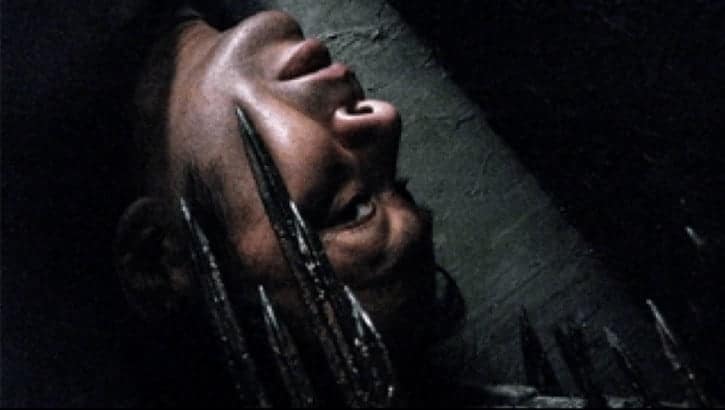
Fittingly, the body has to be destroyed or severely violated in order to be reborn, or re-constructed. Tsukamoto, who is also behind the camera, uses a wild series of close-ups reflecting the dissection of the body, a process also evident in the various images of body parts the two characters witness on their way through the maze. The concrete walls, nails and hammers which further violate the body heighten the feeling of claustrophobia and paranoia, of something rooted in the individual rather than an outside force, as Tsukamoto's character believes.
“Haze” is an uncomfortable film to watch. Its cinematography, performances and use of music present Tsukamoto's themes in a very precise, pure way, showing how the claustrophobia of modernity has resulted in a fearful, imprisoned conscience unable to escape the maze of the mind. In the end, “Haze” is perhaps Shinya Tsukamoto's bleakest work and a true experience for its viewer.
Sources:
The interview and making-of referred to in the text are included in the German DVD release of the film by Rapid Eye.


